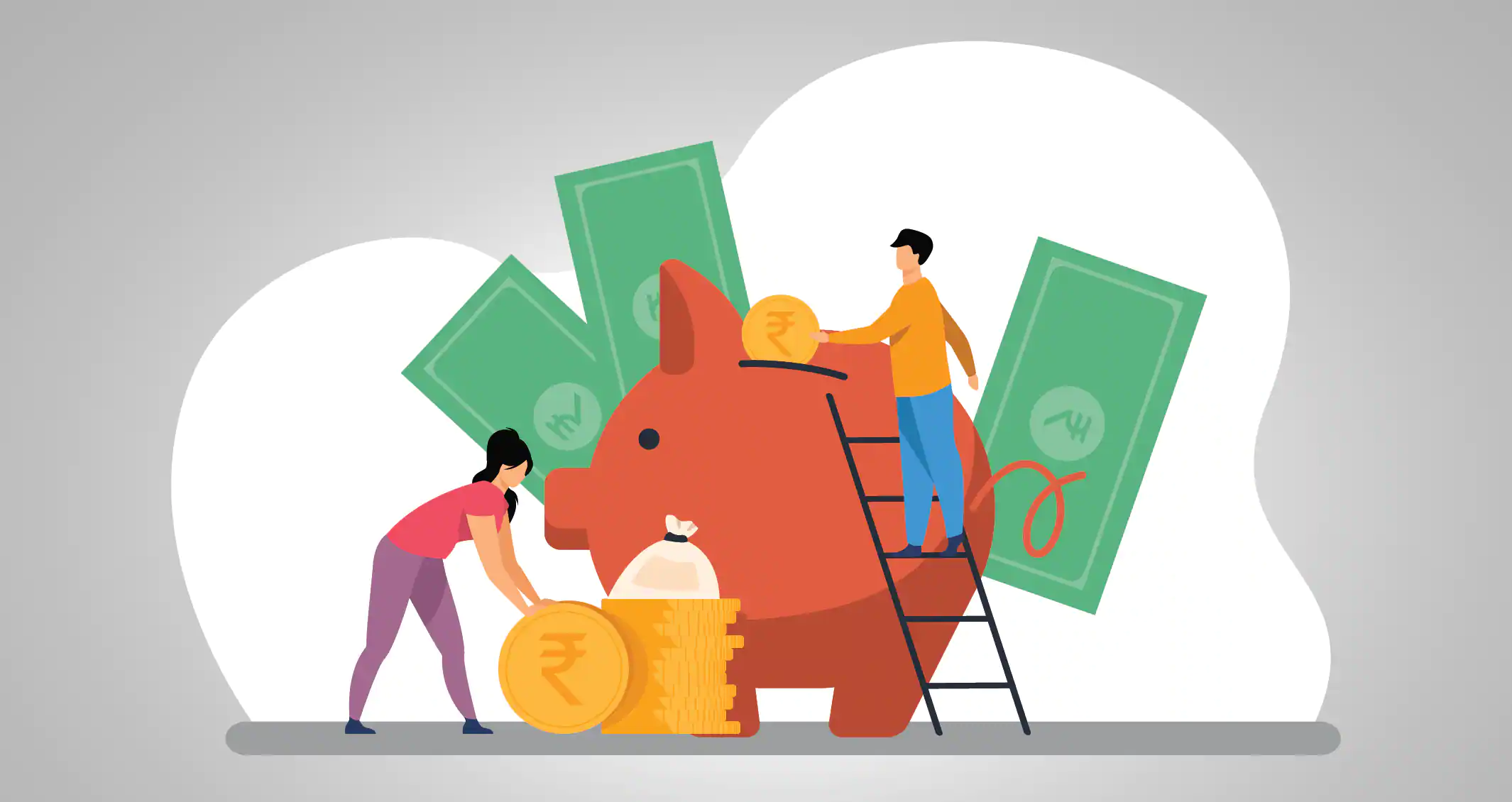Do you ever wonder what you’d worry about if you were financially secure? That’s how much our finances often dominate our thinking. In fact, according to a recent survey, 90 percent of respondents said nothing makes them more confident or happier than having their finances in order. The good news is that there are steps you can take to put you on track for the financial security you crave. Read on.
Establish Goals
You need to set both short-term and long-term goals. There are some that you want to meet as soon as possible, while others may take decades. Even with the latter, you need to get going – or those goals won’t be met at all.
In any case, it’s a good idea to have your plans on paper (or computer), rather than just in your head. That makes them easier to follow. A list of clear goals also serves as a reminder of what you hope to achieve.
Short-term goals can include paying off credit cards, for example, while longer-term objectives can include, say, saving to buy a home.
Make a Budget
You may not want to hear it, but there’s no way around it: the creation of a budget is what will make all your other financial goals reachable.
The idea behind a budget is to see how much you’re spending, and where your money’s going. You can’t achieve much of anything if your spending’s out of control.
Many people adhere to the 50/30/20 approach: half your income on essentials, 30 percent on discretionary items, and 20% for savings.
So it doesn’t matter if you are making $60,000 a year or $40,000 a year, with a proper budget in place, you should be able to come ahead.
Put Together an Emergency Fund
No doubt you’ve been caught at least once in life without the wherewithal to handle an emergency. It’s the worst feeling, trying to cobble together funds for a car repair, say, or a vet bill. Yet, a Bankrate.com survey found that 60 percent of people don’t even have $1,000 put aside. Aim to be able to cover at least three months of living expenses. Having that cushion will reduce your stress levels markedly.
Get Rid of That Credit Card Debt
Because of relatively high interest rates – the average is nearly 17 percent — credit card debt is costly and a major impediment to gaining financial security.
You’ll need good credit to pull it off, but if you have multiple cards, you might want to consider getting one of those 0%-interest balance transfer cards. For a promotional period of a year or so, you can shift your balances onto the new card. The caveat is that you must pay the card off before the introductory period ends and the rate goes back up.
If you can’t swing such a card, you can always go the “avalanche” route. With this approach, you fork over the minimum due on all your plastic, then put more money on the card with the highest interest rate. When that card is paid off, do the same thing with the card with the next-highest rate.
Then there’s the “snowball” strategy, in which you focus on paying off the card with the smallest balance first, then continue to the card with the next-smallest amount due. Keep going until all your cards are paid off. If you’re in serious debt, you may want to get help from Freedom Debt Relief.
Establish a Retirement Fund
You may have decades to go before retirement, but it’s never too early to begin saving for when you ditch the hamster wheel. In fact, the longer you wait to get going, the more you’ll ultimately need to put aside as retirement approaches.
The optimal approach here is to put your money in designated accounts that will give you tax breaks. If your employer offers a 401(k) account, you should take advantage, especially if the workplace will match you. You also can establish an IRA or Roth.
Have Investments
While stocks are generally more volatile, they traditionally produce higher returns than bonds, especially during inflationary periods. On the other hand, bonds are more stable. The best stock-bond mix for you depends on your personal goals, tolerance for risk, and time horizon.
Whatever the case, it’s always good to have a diverse portfolio, so that when one investment slips, the other(s) can keep you going.
Avoid MMO Traps & Pyramid Schemes
We have covered quite a bit of these. If you want to supplement your income, make sure you stay away from any get-rich-quick schemes.
Even though they sound very appealing, joining Rodan and Fields or giving money to Home Profit System is not going to get you closer to your financial goals. Contrary, they will make you more stressful and you are likely to lose a lot more money if you get stuck into any of these popular pyramid schemes.
Be Careful with Borrowing
Loans have their place. Without them, it’s difficult to buy a house, a car, or pay for college. When handled properly, they also help boost your credit.
But in the main, you should aim to be debt free. After all, the key to establishing financial security is to borrow only what you need. The less you borrow, the more money you’ll have for other objectives. If you just must borrow, try to make sure your credit score will get you the lowest rate possible.
If you use this simple guide to personal finance as a roadmap, you’ll ultimately gain the financial security you need to live your best life. But don’t delay, get going on these steps today.

